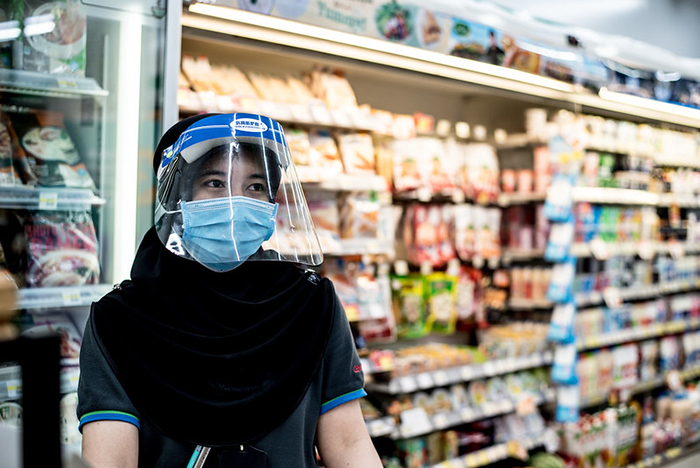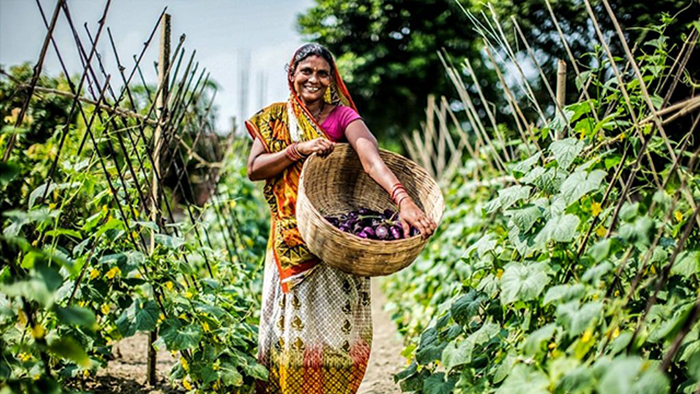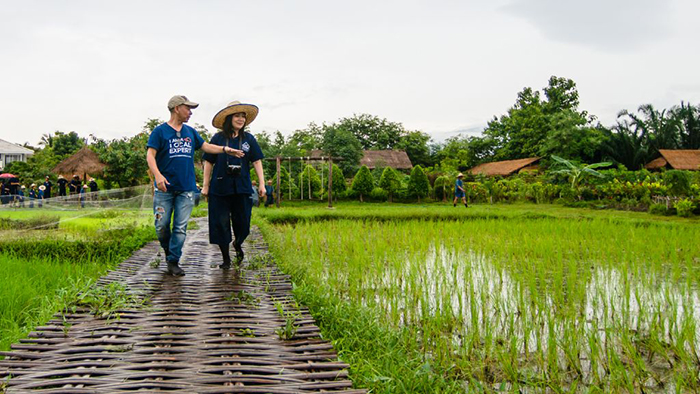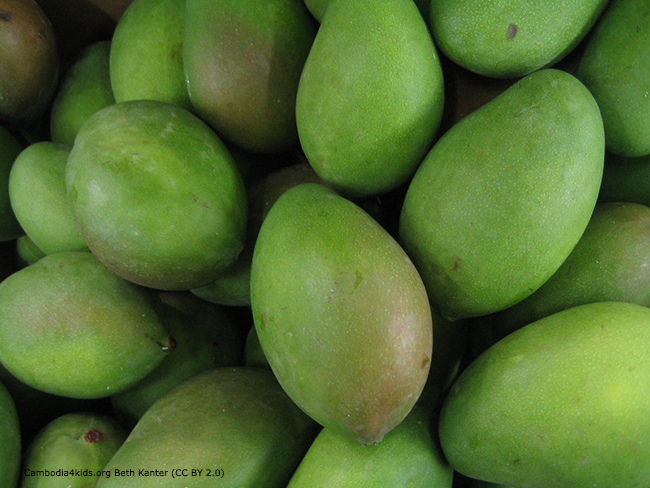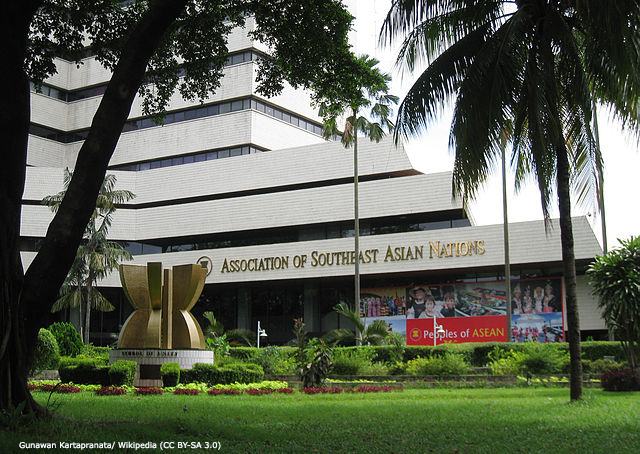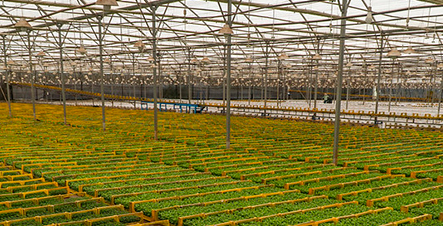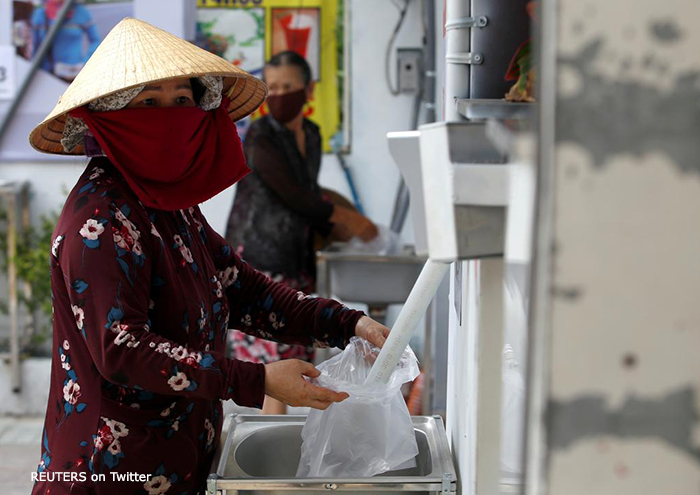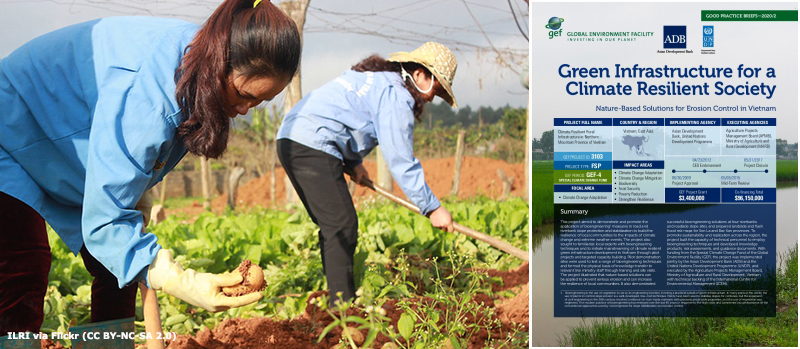
The Lopburi solar power plant in central Thailand. Photo by ADB.
Eight Priorities for Kickstarting Post-Pandemic Green and Resilient Recovery in the GMS
The coronavirus disease (COVID-19) pandemic has disrupted people’s health and well-being, led to widespread job loss, and created extraordinary uncertainty with long-lasting effects. As with climate change, the pandemic has disproportionately affected the most vulnerable people across the globe, including those in the Greater Mekong Subregion (GMS).

